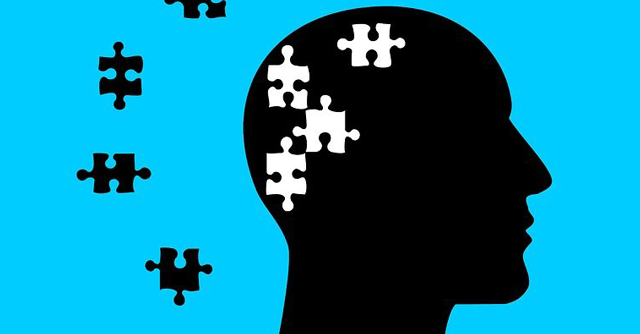
Mental health apps are gaining traction among doctors, providing relief to distressed patients


A shortage of competent psychologists and psychiatrists, coupled with the stigma attached to mental health issues that discourages people from consulting physicians in person, is prompting the medical community to recommend the use of mobile apps to connect with patients along with teleconsultation.
Rituparna Ghosh, a consultant in the Navi Mumbai branch of Apollo Hospitals, is one such example. She regularly connects with patients on mental health apps, and even recommends that people use them. According to her, mental health has been a “secret pandemic” affecting individuals’ wellbeing. She said the number of patient queries relating to mental wealth have grown since the pandemic began, and owing to movement restrictions, more people have been turning towards apps to reach medical professionals.
According to Duncan Stewart, director of research at the Canadian arm of consulting firm Deloitte, the global spending on mental health apps is expected to touch $500 million in 2022, up from $200 million in 2019. “We think in the longer term, it will continue to grow especially as companies figure out monetization,” he said.

The trend is playing out similarly in India too. Amit Malik, founder and chief executive of InnerHour, a mental health app, said he saw a 300% increase in downloads in 2021, with the app being used by three million individuals right now. Malik noted that nearly 60% of his users come from tier II and sub-tier-II cities, and there has been a near 300% growth in teletherapy services too.
PN Sudarshan, Partner and Technology, Media and Telecommunications (TMT) Industry Leader, at Deloitte India says one reason for this trend is that access to physical mental health care providers is very low and concentrated in large urban centers. The firm’s report last week, titled TMT Predictions 2022, noted that India has only 0.29 psychiatrists and 0.07 psychologists per 100,000 people, compared with a median of 0.51 psychiatrists and 0.26 psychologists in other low-and mid-income countries.
But shortage of doctors isn't the only reason why Indians are using these apps. The stigma attached to mental health still discourages many from visiting psychiatric wards or seeing doctors in person.

According to Ghosh, patients can be asked to check mental health apps for gaining insights on immediate crisis intervention and prevention, some level of primary treatment and as an alternative to in-person therapy. “To an extent they are able to cater in addressing the concerns because immediate intervention can take place and treatment can be offered to people in remote areas, and at times they function 24 hours,” she said.
This is one of the reasons why many of these apps have a chatbot feature. Vijay Raghavan, director of analytics solutions provider Fractal Analytics, pointed out that chatbots bring value because people with depression or psychosis don't identify themselves with a problem and hence don’t seek out help in person for fear of getting stigmatized. Apps keep things anonymous.
According to Raghavan, “Some of these chatbots also use natural language processing (NLP) to understand text and tonality to manage the conversation thread and escalate it if required.” The most used functionality in mental health apps is immediate response to certain triggers. “There are a lot of people who want to talk to someone. That functionality is being exploited to full extent by mental health apps through chatbots,” he added.

NLP is a technology that allows machines to synthesize and understand natural human language and take actions on the same.
In addition to being accessible, mental health apps are also cost-effective. For instance, InnerHour charges Rs 650 for an hourly session, while mental wellbeing apps such as Calm charge a yearly subscription fee of Rs 2,999 for classes by experts and guided exercises. Psychiatrists and psychologists, on the other hand, can charge Rs. 1000 or more for a single session.
That said, while many doctors are vouching for these apps for people suffering from depression and mental distress, they also warn against relying on them for the more serious issues. Ghosh said if the concerns reported are severe it is always advisable to meet mental health professionals and follow their treatment and therapy protocol.

In December 2021, a Boston resident Katie Mac, posted a video on TikTok accusing mental health app Cerebral for predatory conduct. She said that the app provided her with two professionals, who didn’t meet her needs, and then informed her that those were the only two doctors available in the state of Massachusetts. She also said that the company returned only 30% of her payments when she sought a refund.
Data privacy, too, is a concern. Mental health data is in great demand on the dark web and Raghavan said such apps should revisit the entire data layer and make it secure. “We need a secure gateway for any data exchanges. Mental health data needs one more layer of security than typical medical data. In case of a leak, it can be used to harass people as this sort of data is not socially shared unlike other health conditions,” he warned.
